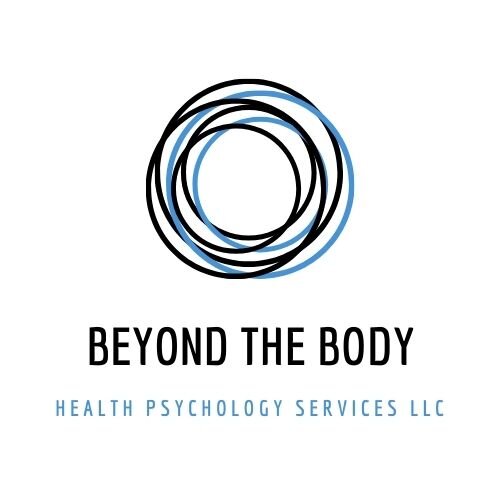Treatment for Insomnia & Problematic Sleep
Many chronic medical conditions end up having a significant impact on sleep. Whether it’s the actual symptoms (such as with chronic pain conditions), the side-effects of certain medications, or just to worry and unpleasant thinking that can go hand-in-hand with living with a chronic illness- it can all lead to disrupted sleep.
Even if you are not dealing with a chronic medical condition, you may be experiencing symptoms of disrupted sleep or insomnia. In fact, many people experience primary insomnia, meaning that insomnia is their main problem and that it may not be related to pain or illness or medication at all. The stress of day-to-day life, erratic work schedules, and unhelpful sleep habits can all often have a negative impact on sleep.
You may notice that you are having difficulty falling asleep, or perhaps you are able to fall asleep quickly, but then you wake up multiple times in the night and cannot get back to sleep. If you are experiencing sleep disturbance, there are effective, evidence-based ways to deal with it, without medication.
Cognitive-Behavioral Therapy for Insomnia (CBT-I) is the gold-standard approach for tackling insomnia, and I have been trained in this approach. CBT-I is an scientifically backed approach for addressing insomnia and improving sleep quality, helping you to feel more rested and less frustrated. CBT-I uses a combination of strategies that target behaviors and habits that may be contributing to disrupted sleep, and this approach also focuses on strategies to address the emotions and thoughts that may also be getting in the way of a good night’s sleep. In this way, we can “re-train” your mind and body to increase your sleep drive.
Whether sleep is your main concern or it is part of a larger struggle with pain or illness, CBT-I can be helpful in improving your sleep.
I offer a FREE 15 minute consultation call to see if CBT-I or another approach to your sleep problems may be right for you. Click on the button below to schedule a call.

